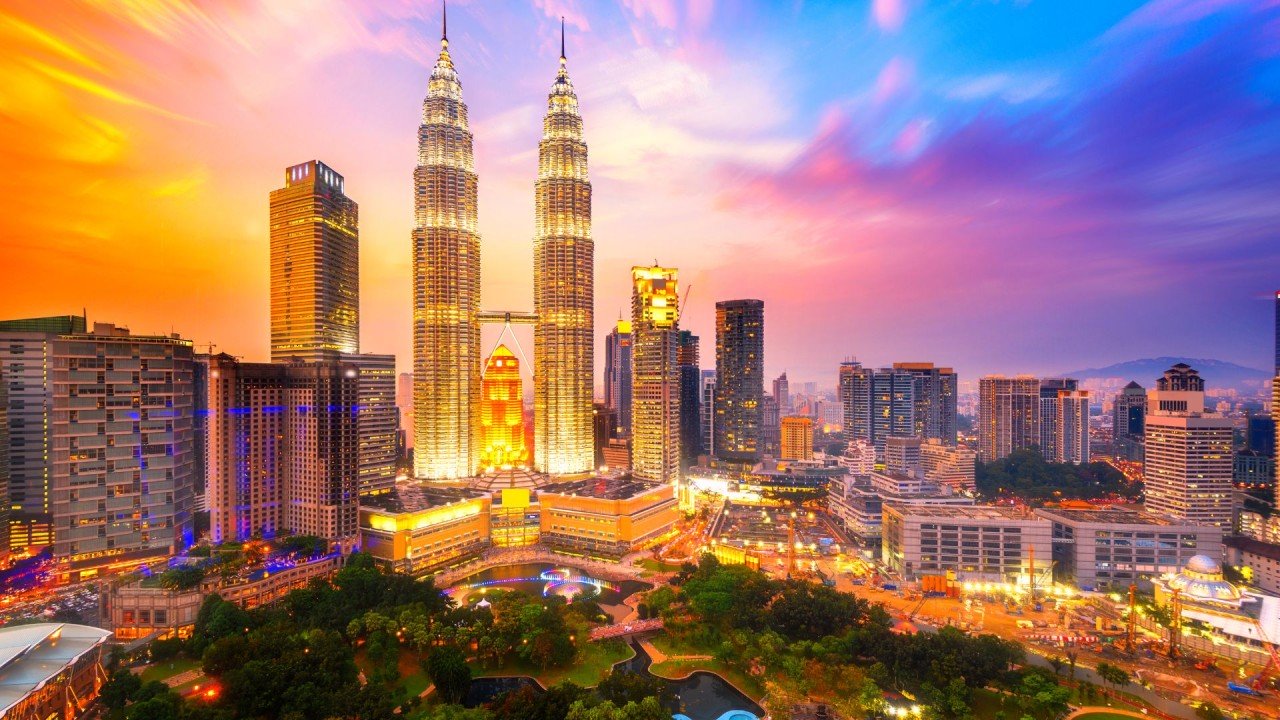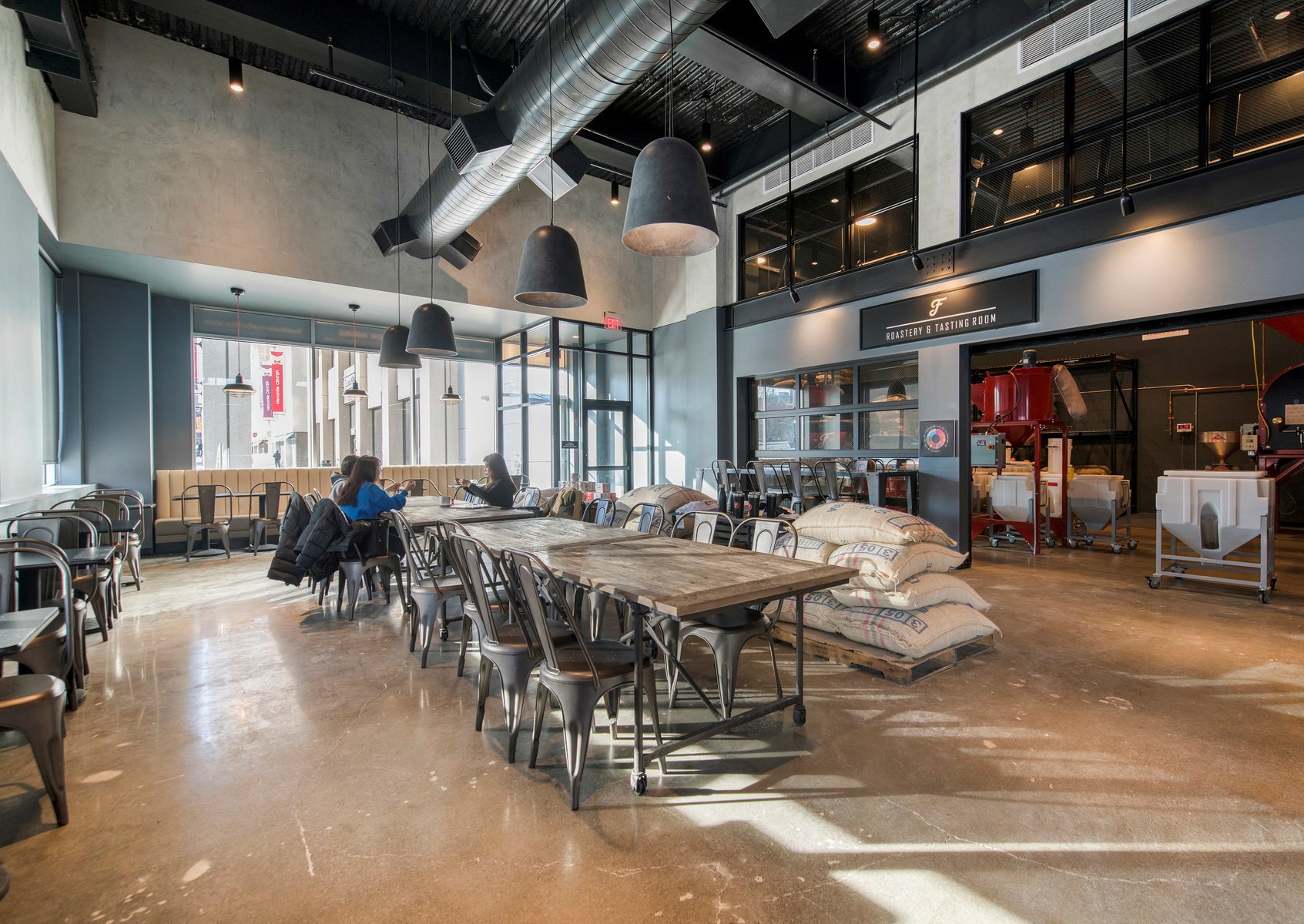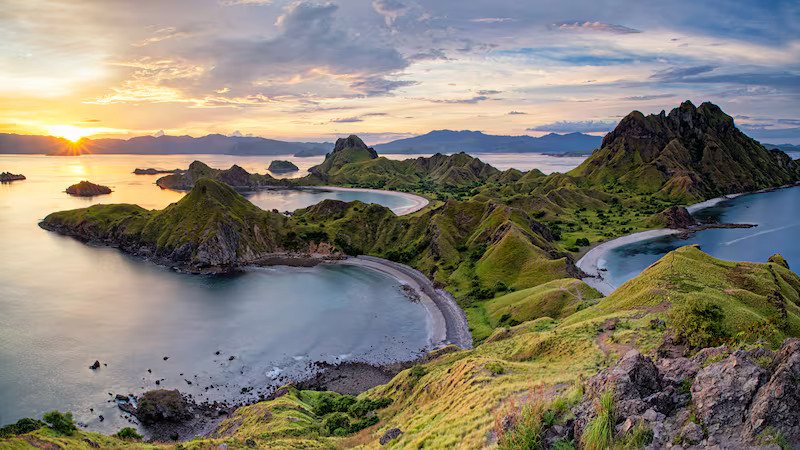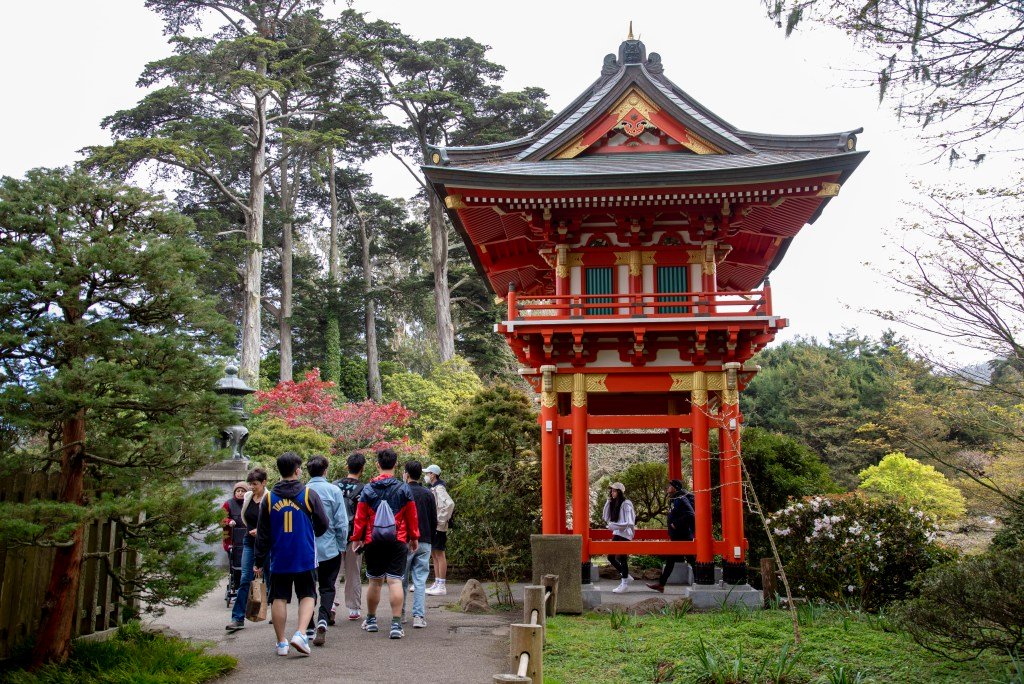Malaysia, a vibrant tapestry of cultures nestled in Southeast Asia, offers a captivating blend of heritage, hospitality, and natural beauty. From bustling urban centers to tranquil islands, Malaysia's rich cultural diversity is reflected in its architecture, cuisine, and warm hospitality, making it a captivating destination for travelers seeking an authentic and immersive experience.

The country's cultural mosaic is evident in its cities, where modern skyscrapers stand alongside colonial buildings and traditional Malay kampongs (villages). Kuala Lumpur, the capital city, boasts iconic landmarks such as the Petronas Twin Towers and the Batu Caves, juxtaposed with vibrant street markets and bustling Chinatown. Penang, known as the "Pearl of the Orient," enchants visitors with its UNESCO-listed George Town, where historic Chinese temples, Malay mosques, and British colonial architecture coexist harmoniously.
Malaysia's culinary scene is a testament to its cultural diversity, offering a tantalizing fusion of Malay, Chinese, Indian, and indigenous flavors. From savory satay and spicy laksa to fragrant nasi lemak and crispy roti canai, each dish tells a story of Malaysia's multicultural heritage. Street food stalls, known as "hawker centers," are ubiquitous and offer a feast for the senses, where locals and tourists alike gather to savor authentic flavors and indulge in culinary delights.

Hospitality is deeply ingrained in Malaysian culture, with locals known for their warmth and friendliness towards visitors. Whether staying in a luxury resort in Langkawi or a traditional longhouse in Sarawak, travelers are welcomed with genuine hospitality that reflects Malaysia's reputation as a melting pot of cultures and traditions. Festivals such as Hari Raya, Chinese New Year, and Deepavali further showcase Malaysia's cultural diversity, with colorful celebrations and traditions that highlight unity amidst diversity.
Pros:
- Cultural Diversity: Malaysia's blend of Malay, Chinese, Indian, and indigenous cultures creates a vibrant and harmonious cultural tapestry.
- Culinary Delights: The country's diverse cuisine offers a wide range of flavors and dishes, from street food to fine dining experiences.
- Hospitality: Malaysian hospitality is renowned for its warmth and sincerity, ensuring a memorable and welcoming experience for visitors.
Cons:
- Weather: Malaysia's tropical climate can be hot and humid, especially during the monsoon seasons, impacting outdoor activities and travel plans.
- Urbanization: Rapid urban development in major cities can lead to traffic congestion and environmental challenges, affecting the quality of life in urban areas.
- Conservation Issues: Environmental conservation and sustainable tourism practices are ongoing challenges, particularly in preserving Malaysia's natural habitats and biodiversity.




